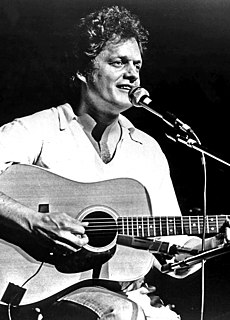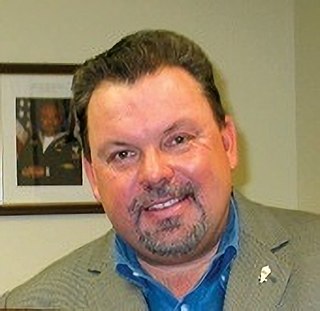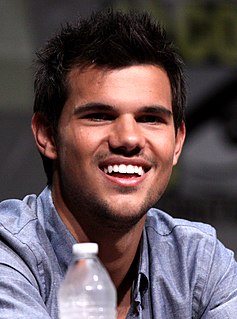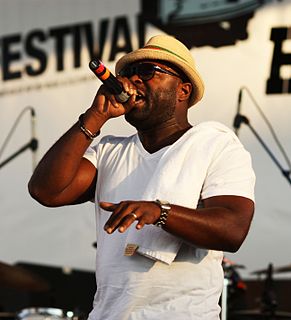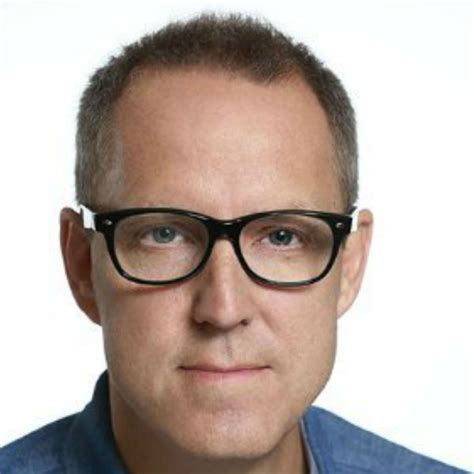A Quote by Pauline Kael
Allowing for exceptions, there is still one basic difference between the traditional arts and the mass-media arts: in the traditional arts, the artist grows; in a mass medium, the artist decays profitably.
Quote Topics
Related Quotes
The arts are not a frill. The arts are a response to our individuality and our nature, and help to shape our identity. What is there that can transcend deep difference and stubborn divisions? The arts. They have a wonderful universality. Art has the potential to unify. It can speak in many languages without a translator. The arts do not discriminate. The arts lift us up.
I majored in drama and theater arts at Columbia and was always in acting studio, but that was a liberal arts degree, not a bachelor of arts degree, so I didn't have a traditional conservatory training. There was a lot of reading and a lot of writing involved, and only about 30 percent of my classes were directly theater-related.
It [The Gesundheit Institute] also won't separate the healing arts. All of them work together - traditional medicine and surgery with acupuncture, homeopathy, etc. We want to make the hospital a place a person can't wait to come to, whether they are working there or being there as a patient. Because we are interested in promoting wellness, we will integrate medicine with performing arts, arts and crafts, agriculture, recreation, nature, and social service. Those are some skeletal parts.
The rapidly evolving global economy demands a dynamic and creative workforce. The arts and its related businesses are responsible for billions of dollars in cultural exports for this country. It is imperative that we continue to support the arts and arts education both on the national and local levels. The strength of every democracy is measured by its commitment to the arts.








